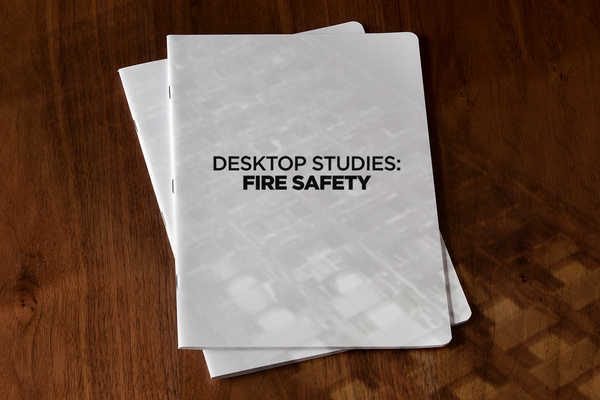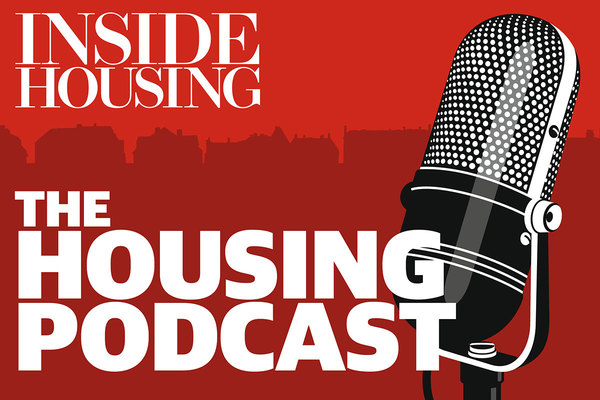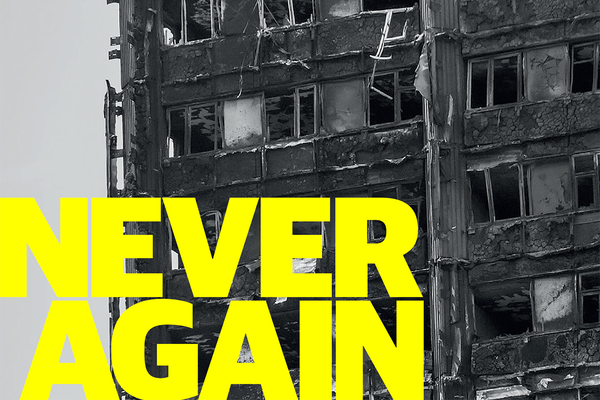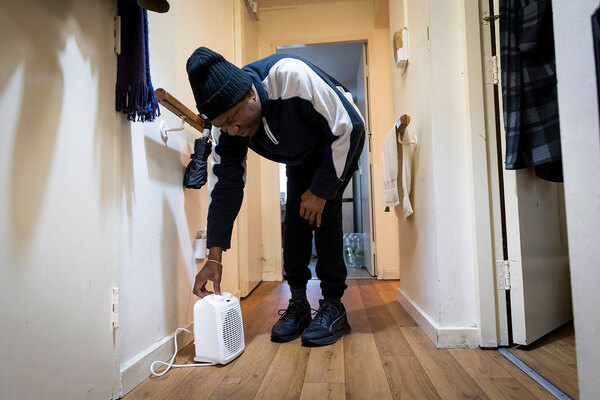You are viewing 1 of your 1 free articles
Government considers banning desktop studies
The government is considering banning the use of desktop studies for combustible cladding systems, it revealed in its consultation document on the topic published today.
A consultation launched today by the Ministry of Housing, Communities and Local Government will look at “restricting or banning” the use of desktop studies as a way of assessing the fire performance of cladding systems used on buildings.
Previously the government had said it would “revise the wording” of guidance to “significantly restrict” the use of desktop studies – the practice of making assumptions about new combinations of combustible materials based on tests.
However, some experts saw this as a weakening of the building regulations, as there is dispute about whether or not the practice is officially permitted under the current guidance.
The government said it will now consider banning the use of desktop studies alongside the other option to toughen up the rules for their use.
In her interim report on building regulations and fire safety Dame Judith Hackitt recommended the use of desktop studies should be “significantly restricted”.
Announcing the consultation, a spokesperson for the government said it would go further than this recommendation “by asking whether desktop studies should be used at all”.
However despite this, the consultation only has two options that have been put through an impact assessment, which are either to do nothing and keep the regulations as they are, or to publish amendments to the guidance to toughen up the use of desktop studies.
If desktop studies are considered appropriate, the government’s proposed changes include improving the transparency of these assessments, allowing proper scrutiny of their results and ensuring the studies are only carried out by properly accredited bodies.
The consultation will close on 25 May.
Mr Javid said: “We have listened carefully to Dame Judith Hackitt and we are taking action to strengthen building regulations guidance, which could mean that the use of ‘desktop studies’ are either significantly restricted or banned altogether.
“This demonstrates the tough measures we are prepared to take to make sure that cladding tests are as robust as possible and people are safe in their homes.”
The consultation estimates the cost to the industry of toughening as £8m.
It added: “Since the Grenfell Tower fire, it has been reported that use of assessments in lieu
of tests for cladding systems carried out since the Grenfell Tower fire are on the whole more robust.
“However, there is a risk that, over time, industry may revert to using assessments in lieu of tests without the necessary safeguards. The purpose of the proposed changes is to ensure high standards throughout and that these are maintained over time.”
The document said it believed desktop studies “should be carried out by bodies that have experience of the test in question”.
The Building Research Establishment (BRE) is the only organisation which currently carries out large scale fire tests in the UK. Another company, Exova, has a rig in the middle east.
Peter Bonfield, outgoing chief executive of the BRE, was a core member of the government’s independent expert panel advising on fire safety in the aftermath of Grenfell but resigned from the panel last month.
What are desktop studies, and why are people concerned?
Building regulations say cladding systems which contain combustible insulation must be shown to meet specific standards based on “full scale test data”
A ‘desktop study’ is a means of making an assumption about whether or not a cladding system would meet these standards without actually testing it.
It involves using data from previous tests of the materials in different combinations to make assumptions about how it would perform in a test.
This is not specifically provided for in the current guide to building regulations, but the government believes they are loosely drafted to an extent which makes it permissible. It plans to redraft the guidance to include specific rules on the use of desktop studies for the first time.
The alternatives to a desktop study are full scale testing or not using combustible materials.
People are concerned about the process because it is based on assumption: at least one system cleared through a desktop study has failed a full scale test.
This is important for fire safety because mistakes may mean unsafe cladding systems being cleared for use on tall buildings.
The Paper Trail: The Failure of Building Regulations
Read our in-depth investigation into how building regulations have changed over time and how this may have contributed to the Grenfell Tower fire:
Never Again campaign
Inside Housing has launched a campaign to improve fire safety following the Grenfell Tower fire
Never Again: campaign asks
Inside Housing is calling for immediate action to implement the learning from the Lakanal House fire, and a commitment to act – without delay – on learning from the Grenfell Tower tragedy as it becomes available.
LANDLORDS
- Take immediate action to check cladding and external panels on tower blocks and take prompt, appropriate action to remedy any problems
- Update risk assessments using an appropriate, qualified expert.
- Commit to renewing assessments annually and after major repair or cladding work is carried out
- Review and update evacuation policies and ‘stay put’ advice in light of risk assessments, and communicate clearly to residents
GOVERNMENT
- Provide urgent advice on the installation and upkeep of external insulation
- Update and clarify building regulations immediately – with a commitment to update if additional learning emerges at a later date from the Grenfell inquiry
- Fund the retrofitting of sprinkler systems in all tower blocks across the UK (except where there are specific structural reasons not to do so)
We will submit evidence from our research to the Grenfell public inquiry.
The inquiry should look at why opportunities to implement learning that could have prevented the fire were missed, in order to ensure similar opportunities are acted on in the future.












